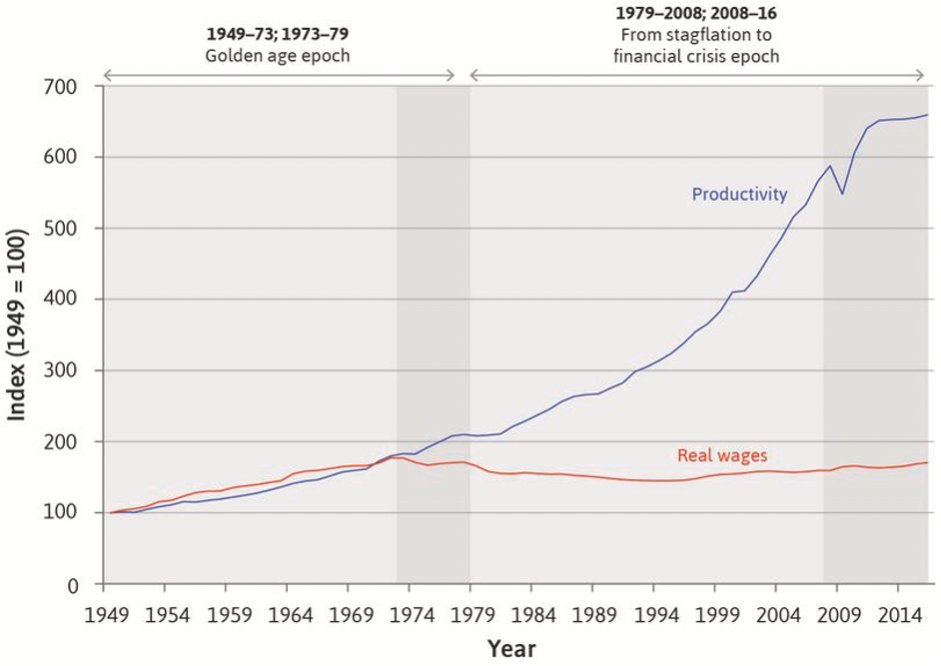[Thread] Some facts and analysis of #FreeSchoolMeals, #Feedthechildren & UK benefits system. Disclaimer, I’ve been reading about this for 8 years and I’m always learning new things. It’s still a horrendously complicated area, here is some of what I’ve learnt.
#FreeSchoolMeals for children whose parents are eligible have extensively been in the news because of the work of @MarcusRashford who has repeatedly challenged the Conservative party’s decisions to not provide food for children over the holidays or during lock down periods.
#Freeschoolmeals suggests how divided the UK public is on welfare issues. There is widespread outcry each time the Conservatives decide to take away holiday food for children.
But the Conservatives must poll on the issue and find it is politically acceptable to withdraw this support amongst their target demographics, otherwise they wouldn’t keep doing it.
The Conservative’s rational for removing #Freeschoolmeals during holidays/lockdown is that there is adequate support through benefits & local government Covid-19 emergency funding. https://www.bbc.co.uk/news/education-55663564 This is both impossible for the Conservative party to know and false.
It’s impossible for the Conservatives to know because there hasn’t been a review of benefits adequacy in the UK since the 1970s, as this Parliamentary briefing on emergency support notes. https://commonslibrary.parliament.uk/research-briefings/sn06657/
In other words, any Government claim about benefits adequacy which the vast majority of us have ever heard in our lifetimes is based in political preference, not evidence, data, research or empirical investigation.
What do we know about the actual level at which benefits are provided? Well, first we know that historically benefits are under claimed and under payed, according to this article from the Independent this could be as much as £13 billion a year https://www.independent.co.uk/news/business/britain-s-massive-unclaimed-benefits-failure-and-how-fix-it-a7679721.html
Academics do estimate how much family or individuals would need to live decently, with dignity. This is called a ‘minimum income standard’ (MIS). Does UK welfare, even when it isn’t £30 of state spending 4 a contractor u at school for £8-£12 worth of food, meet these MIS?
According to Human Rights Watch document by @Kartik__Raj a 2 parent 2 children family would need approx. £2000 per month to meet UK MIS.
95% of the 2 parent, 2 child families coming to the UK’s food banks have an income below £1000 per month, less than half of what they need. p. 66 -69 https://www.hrw.org/report/2019/05/20/nothing-left-cupboards/austerity-welfare-cuts-and-right-food-uk
UK benefits are so unacceptably low, GPs now widely prescribe anti-depressants to poor people just to help them cope. http://destressproject.org.uk/wp-content/uploads/2019/05/Final-report-8-May-2019-FT.pdf
Suicide attempts in UK general population are around 7%, for those on benefits they are around 45%, and that’s before the pandemic and its associated economic fallout. https://www.independent.co.uk/news/uk/home-news/disability-benefit-claimants-attempted-suicides-fit-work-assessment-i-daniel-blake-job-centre-dwp-a8119286.html
So, if UK benefits aren’t based either on research or estimations of need, let alone mental health, then what does determine the levels of UK welfare?
some of the key variables are: 1) ‘efficiency’/low costs to state 2) what is politically palatable 3) what dissuades mass disobedience and 4) lower than the minimum wage.
Benefits need to be less than even the worse employment, otherwise why would people do the worst paid jobs? This graph shows wage growth since 1970, compared to productivity increases in the economy. What are we looking at here?
What we see here is that the economy is getting bigger and bigger and producing more and more and that, second, less and less of what is being produced is going back to those who earn a wage.
Where is all this economic growth going? Not just to the top 1% but the top 0.1 and 0.01%. Drawing on analysis of this by @MkBlyth here: Highly recommended
For 50 years, the bottom ¾ of the UK population have seen little/no wage growth, while the price of goods, housing, services goes up. Those on benefits have seen even less growth in spending power than those who have seen no increases in spending power.
In their 2014 report, @Feeding_Britain (the cross party working group on UK hunger) wrote that they were concerned about #Freeschoolmeals. Why?
They say ‘the earnings threshold [poverty level wages] at its current level will results in a certain number of children from low income working families not receiving FSMs...'
'...and the cliff edge [cut off point you stop being eligible for FSM] could disincentive some low income workers from extending their hours as this would result in a loss of FSMs’ https://foodpovertyinquiry.files.wordpress.com/2014/12/food-poverty-feeding-britain-final.pdf
What’s amazing about this is that if you move of benefits into work, you may lose your FSM. i.e. the current benefits system TAKES AWAY reasons to work. #Freeschoolmeals is an aspect of this, what academics call ‘marginal deductions’: the costs of moving off benefits into work.
The UK benefits systems isn’t efficient, equitable or humane. It isn’t efficient because it disincentivises moving off benefits. It isn’t equitable because people aren’t getting what they deserve. It isn’t humane because it doesn’t provide people enough to live dignified lives.
There is a debate on the £20 the Chancellor added to #UniversalCredit this wk. Even if the Conservatives do keep the £20, & that is looking unlikely, it’s a step in the right directly but completely disproportionate to a problem 50years in the making. https://www.bbc.co.uk/news/uk-politics-55695298

 Read on Twitter
Read on Twitter



